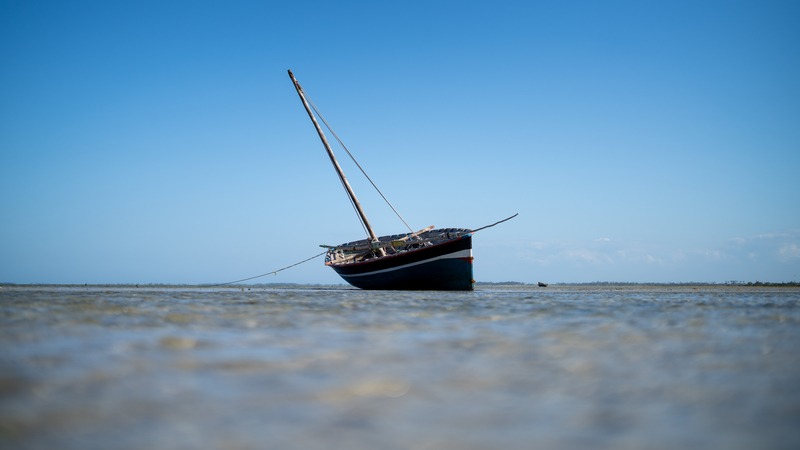A ferry tragedy off Mozambique’s northern coast on Sunday, April 7 claimed the lives of over 100 people, according to an announcement by President Filipe Nyusi on the following day.
About 20 passengers are still missing in the aftermath of the capsizing of a fishing boat, repurposed to carry 130 people from Lunga in Nampula province to Mozambique Island.
The boat, not licensed for passenger transport, faced a tidal wave on Sunday, leading to the catastrophe. Lourenco Machado of Mozambique’s Maritime Transport Institute (INTRASMAR) mentioned on national television that the boat was sailing from an area stricken by cholera. The Office of the Secretary of State for Nampula province revealed that the passengers were fleeing the health crisis, with 10 individuals being rescued.
President Nyusi conveyed his sadness over the incident and has sent the country’s transport minister to the island for an investigation. The government of Mozambique will meet to discuss strategies to alleviate the disaster’s effects.
Video circulating on social media reveals the grim aftermath with numerous bodies found along the shoreline.
This tragic event underscores the persistent challenges Mozambique faces, including the fight against cholera, which has driven many residents to risk their lives in search of safety. The country has seen the largest cholera outbreak in 25 years, with more than 43,000 cases across 30 districts in seven provinces from September 2022 to January 2023.
Mozambique, along with other countries in Southern Africa, is battling cholera outbreaks, recording over 15,000 cases and 32 deaths since October. Nampula province has been particularly hard hit, registering 5,084 cases and 12 fatalities.
Efforts to contain the cholera outbreak in Mozambique have been obstructed by limited access to clean water and inadequate sanitation infrastructure. In response, international aid, including a $1.5 million allocation from the Central Emergency Response Fund, has been directed towards improving health services and water and sanitation facilities in affected communities.
The incident also highlights the precarious living conditions of many Mozambicans, with limited access to safe transportation and the significant risks of overcrowding on unlicensed boats. The Southern African country, one of the poorest in the world, depends heavily on such boats for transport, particularly in remote areas with insufficient road and air access.
As authorities continue the search for the missing passengers, the community grieves the loss of life. The government’s actions in the upcoming days will be critical in addressing the immediate needs of the stricken families and averting similar tragedies in the future.











